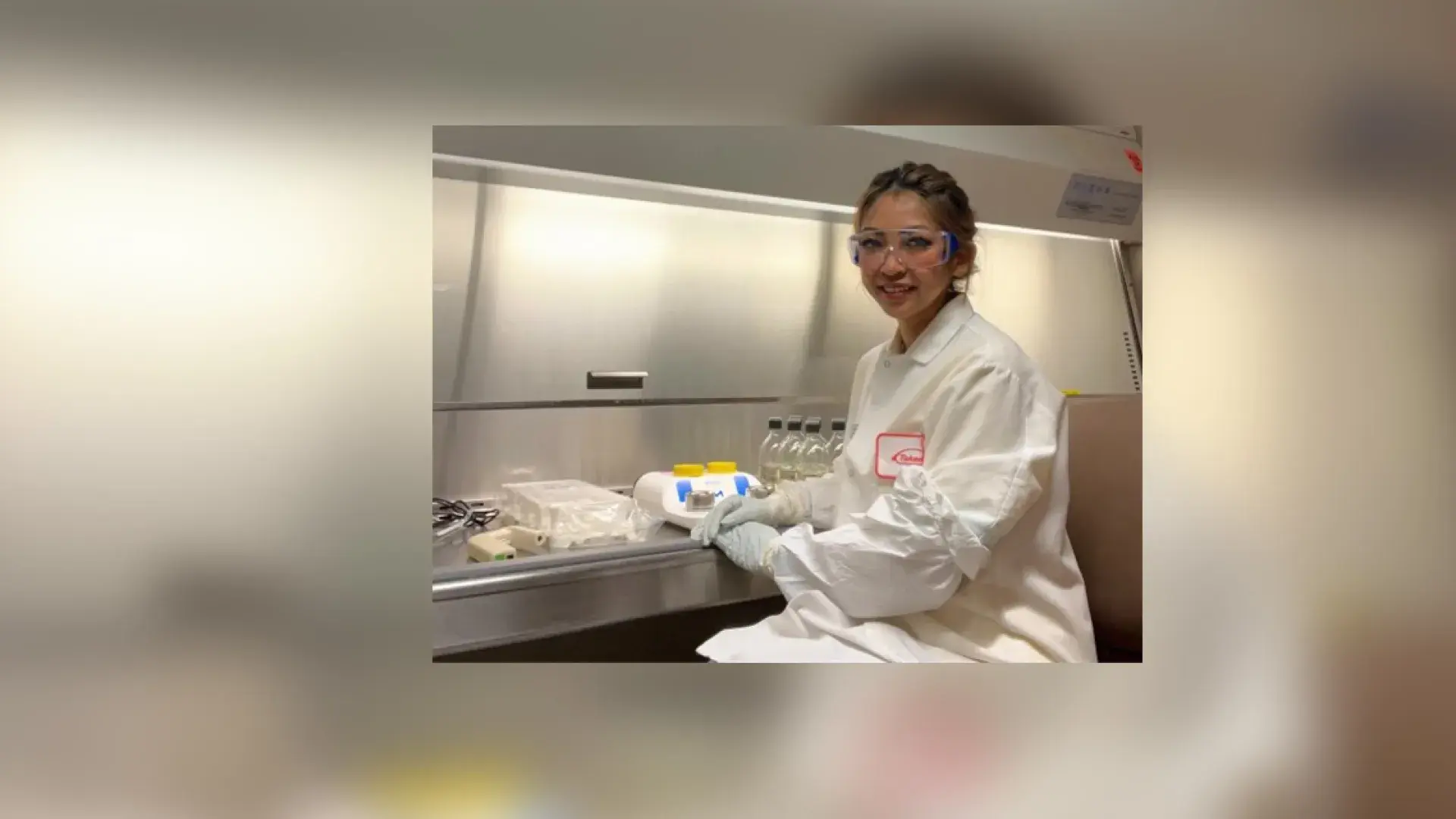
Q&A with Sokuntheary "Junny" Chhan, MHA ’24
What interested you about the Institute’s Masters in Health Administration program?
My growing recognition of the critical intersection between microbiology and healthcare management. Throughout my career as a microbiologist, I have witnessed first-hand how effective administration and policy can dramatically influence the success of public health initiatives and the implementation of scientific advancements. This realization was particularly evident during my involvement in managing infectious disease outbreaks, where strategic leadership and efficient resource allocation were paramount. By pursuing this advanced degree, I blended my scientific expertise with robust administrative skills, enabling me to drive impactful healthcare solutions and bridge the gap between scientific research and practical, policy-driven outcomes.
What have been your most valuable takeaways?
First, a deep understanding of healthcare systems and organizational management. As a microbiologist, this has enabled me to navigate and streamline laboratory operations effectively, ensuring compliance with regulatory standards and improving workflow efficiency. Additionally, the program's focus on leadership and communication has enhanced my ability to lead multidisciplinary teams, foster collaboration, and communicate scientific findings to non-specialist stakeholders. The knowledge of healthcare economics and policy has also been instrumental in securing funding for research projects and advocating for necessary resources, ultimately contributing to the advancement of microbiological research and its applications in public health.
What was one “aha” moment you had in the program?
When I realized the profound impact that effective communication and interdisciplinary collaboration can have on public health outcomes. I was accustomed to focusing on the microscopic details of pathogens and their behaviors. However, during a module on health policy and administration, it became clear how crucial it is for microbiologists to communicate their findings clearly to health administrators and policymakers. This ensures that the latest scientific insights are integrated into public health strategies. This “aha” moment underscored the importance of bridging the gap between scientific research and health policy to enhance disease prevention, control, and overall community health.
How has the MHA program altered your view of health administration?
I now understand the critical importance of effective communication between scientific experts and administrative personnel to ensure public health policies are grounded in accurate, up-to-date scientific knowledge. My IHP experience has highlighted the need for streamlined processes to quickly respond to emerging health threats, and the value of interdisciplinary collaboration in developing comprehensive health strategies. Additionally, I appreciate the role of health administrators in resource allocation and the implementation of infection control measures, which are essential for preventing and managing outbreaks.
How has it influenced your career trajectory and professional growth?
It has equipped me with a robust understanding of healthcare administration and management principles. This knowledge has enhanced my ability to lead laboratory teams effectively, optimize lab operations, and ensure compliance with regulatory standards. Additionally, the program's emphasis on strategic decision-making and leadership has prepared me to take on more advanced roles within the healthcare sector, where I can bridge the gap between microbiology and healthcare administration, ultimately contributing to improved patient outcomes and laboratory efficiencies.
What advice would you give an IHP alum who is considering returning to the IHP for this degree?
I'd recommend evaluating how this degree aligns with your career goals. Consider the specific skills and knowledge you'll gain, and how they can enhance your expertise and opportunities in the field. Leverage your existing network within the IHP community for insights and potential collaborations. Additionally, think about the program's flexibility, faculty expertise, and research opportunities, ensuring they match your professional aspirations and interests in health care.
